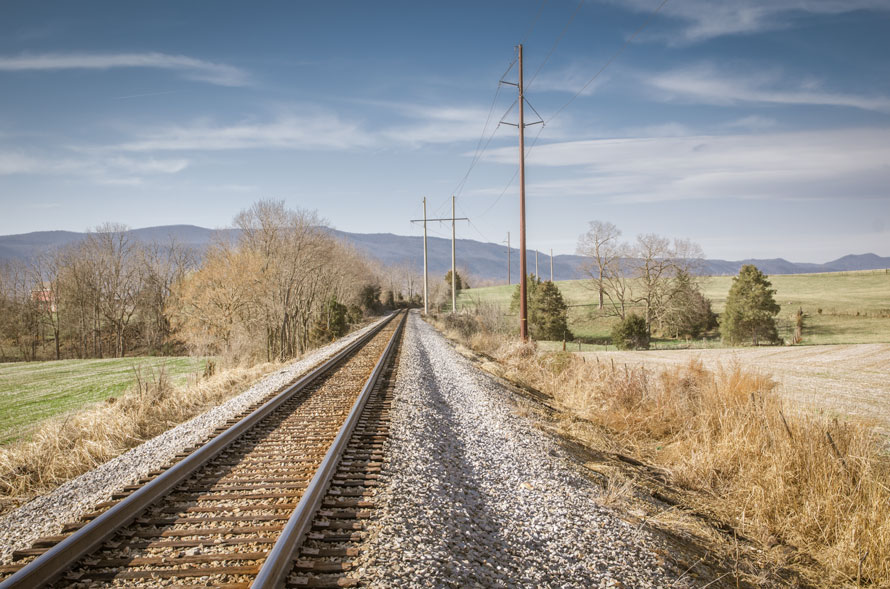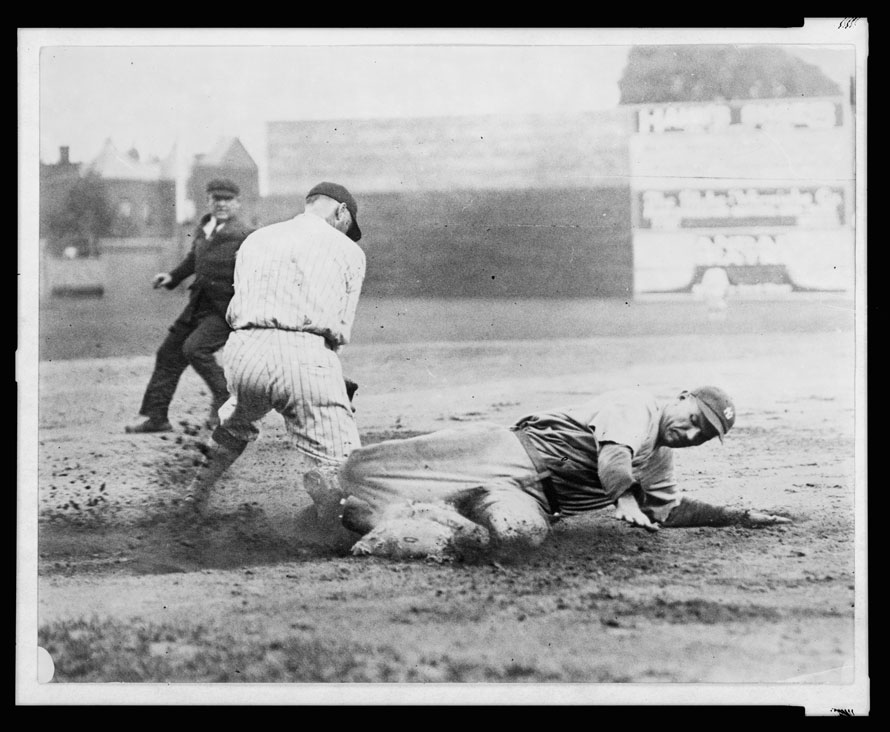
Do Cameras Matter?
Most of you are probably aware of the flurry of new camera announcements that have come out in the past few weeks. Nikon, Canon and Panasonic have unveiled full-frame mirrorless offerings, and Fuji has once again stepped up the game in APS-C.
Normally, I wouldn’t be paying too much attention to all of this, but recently my seven year old DSLR has been acting flaky which has started me thinking about a replacement. My Pentax MX film camera is still going strong after thirty-five years, so why am I thinking about replacing my digital camera after only seven years? But that is a topic for another day.
Camera makers continue to add more features, bigger sensors, more megapixels, but do cameras really matter? We hear that question answered all the time:
“The camera is just a tool.”
“Cameras don’t make photographs, people do.”
“It is not the camera, but the eye and brain behind the camera that counts”
The latest camera may very well make incremental improvements in the technical quality of our photographs, but for the work that many of us do, any camera from a major manufacturer in the last ten years will be more than adequate for our needs. I gave up on the idea that spending money on gear could improve my photography years ago.
But before we conclude that cameras don’t matter, there is another question to be asked. Will any of these new cameras open up new, creative opportunities? I don’t know the answer to that, but it’s possible. Let’s take an example from history.

In the 19th century exposure times were measured in minutes, not seconds. When faster emulsions became available, they not only made it easier to take the static images that were the norm at the time, but also opened new possibilities. Portraits could be more candid, activity could be captured, sports could be photographed—photography was changed.
A new camera is not likely to improve the work that you are already doing, but is there anything in the capabilities of the newest camera offerings that could open new possibilities and expand your photographic vocabulary? It’s a question you must answer for yourself, but it’s worth thinking about.
Sometimes, cameras do matter.
Edd Fuller, Editor
I believe cameras matter. But more importantly I believe camera systems matter as well. Sometimes I need to expand my system of lenses by renting a particular lens. I know for sure that I can rent a lens for a Canon, Nikon or Hasselblad system and have it delivered to my doorstep. Sony and Panasonic are also available in this respect at some locations. Maybe other brands are also available but this could be a hard qualification for a new manufacturer to overcome.
The other important aspect is where do I get it repaired and how long will it take to ship and have it returned. This is not usually a question someone considers at the time of their purchase but its one issue that should at least be explored. I don’t know about Nikon but Canon is already refusing to repair certain camera bodies and lenses that they deem to be too old. Your then forced to find an independent repair agent for repairs that fall into this category and these services are becoming fewer as time goes on. In the Los Angeles area we used to have three factory authorized strobe repair service providers, were down to one now so this means you have to ship the item you need to have repaired and that adds significantly to the expense of repairs. Fed Ex and UPS have made shipping things more reliable and to a degree less expensive but fuel prices have erased most of those gains here in California.
I’m writing this from the perspective of a working professional so I will have different demands and consideration to factor in to my decisions about cameras and photography equipment. – Steve Crise
As a passionate amateur photographer, I have never had a hardware fetish, but when I chose the one and only DSLR camera body I would rely on, three years ago, I aimed high and went with a Nikon D810, because it has a lot of features that work for how I work. But it has also allowed me to do things that I NEVER could have done in the old days, like crank the ISO up to 12800 and make a usable image (see https://scontent.fwbw1-1.fna.fbcdn.net/v/t1.0-9/22279424_10214851466790160_3701072561244971011_n.jpg?_nc_cat=111&oh=1284afadd5f019e4e5ab7a68660f01a7&oe=5C4F0452 for one example, made in a coal mine with the flame in the tour guide’s hand the ONLY source of illumination in the entire place). Mr. Crise above makes excellent points about reliability and serviceability, points that too rarely get mentioned, and I thank him for bringing them up.
“Do camera’s matter” is very much an editorial rhetorical since it is impossible to be a photographer without one. So really the question would be “what camera matters for what you are shooting?” Surprisingly the answer depends not on the camera, but instead on the photographer. You see, selection depends on the needs, tastes and skills of the photographer, not on what type of camera is “best.”
My friend Mitch Goldman loves to point out that the people who say, “It’s the photographer, not the camera” are always people with $6000 worth of cameras. While that is true, it is because such people know better than non-photographers what it takes to make a good picture. I suggest a test: have a pro exchange his or her $6000 camera with an average someone with a cell phone. I am sure you know which person will come up with the better picture.
Camera manufacturers, in order to satisfy their stockholders, must continue to sell cameras so they keep churning out new ones to wave in front of us. Because we all like new toys, we of course begin to wonder what we are missing. This is exactly what the camera makers want to happen. In the end, most of the time it is win-win; they make money, you get a new camera.
To answer the question, I would say you should evaluate what in your photography needs improvement and what gear would do that for you. In the end given time you will know what you need all on your own.
Dennis, Oren, Steve–thanks so much for your thoughtful comments. As each of you point out, everyone has different needs. A wildlife photographer has different needs than a street shooter. A working professional has different priorities than an amateur and so on. In that sense, the camera absolutely matters. And as Oren says, a camera can open up new possibilities.
The real dilemma that I face now with an older camera that may be failing, is the possibility that I may have to switch to a new system to get the camera (and lenses etc) that best suits my needs. A completely new system is costly (perhaps prohibitively so), difficult (learning the ergonomics of a new camera) and uncertain (which system will work for me). As Dennis says, “Do cameras matter” is a rhetorical question, but for me right now, cameras really do matter, and I don’t know what I’m a-gonna do. –Edd
This summer I have shot more than ever before, not only my main focus of steam trains but other genres as well; some I would have never imagined a few years ago. One of my recent goals was to challenge myself with a year-long photo project, which included severe limitations on the gear used. At the end of the month this project will come to an end; I am shocked and surprised how much I have learned by doing so. The camera I have been using is a Fuji X100T, which is a crop sensor small body with a fixed 35mm equivalent lens, 16 megapixel, released in 2014, replaced by a newer model in 2017. I purchased mine used from KEH in 2015. Further limiting myself I shot everything in JPEG-only with one of the in-camera black/white film simulations, giving up the latitude and forgiveness of RAW files to massage in post processing. An older camera, with less than modern day specs; forced to get it right in-camera as opposed to fixing it in Photoshop afterwards. I admit I am a perfectionist – so hard on myself when it comes to my photographs. But this is a good trait for me to have. It motivates, drives, and inspires. The image quality of my recent work? I could not be happier! I have never felt like a camera was holding me back. Technically or creatively. The newest cameras offer some really nice features that were not available just a few years ago. But does the viewer or client care how the image was created? Or rather if it moves him or not?
For me it has never been about the equipment – Canon verses Nikon, full frame or crop, the status it apparently perceives, or the hype it congers. Those who know me can attest I hardly ever talk gear, it does not interest me and I often tune out. As Dennis illustrated, the camera manufactures generate hype to sell their equipment with the megapixel races, now we have moved on to the mirrorless frenzy. I very much agree with Steve that you have to buy into, and live with, a system.
But again for me it is not about the gear. Rather its being out there using it. And using it frequently. Coming out of your comfort zone, Continually experimenting. Trying new things. Failing. Learning. Practicing. Making that camera an extension of your hand and vision. Reacting with a camera in hand instead of thinking. How do you get to Carnegie Hall? By practice and not just buying a Stradivarius.
Edd my words of wisedom to you is to rent. Test drive different systems for a weekend to see what fits your needs. Try a Sony mirrorless body and lens from BorrowLenses. Or a flagship DSLR from LensRentals. Do you want small and light mirrorless system? Take the step up in image quality to Fuji’s new and affordable medium format line? A tried and true DSLR with the legendary lineup of glass? Micro four-thirds? What will you do with your photos? Print them wall-sized for galley showings? Post only to social media and a website? Do you need advanced video features built in?
Take advice from others, but make the decision yours alone. Fit the system that you will carry into the future to your wants and needs.
Matthew Malkiewicz
Thanks, Matthew–that’s very sound advice and I appreciate it. I hope that we will get to see the results of your challenge project soon–it sounds very interesting.